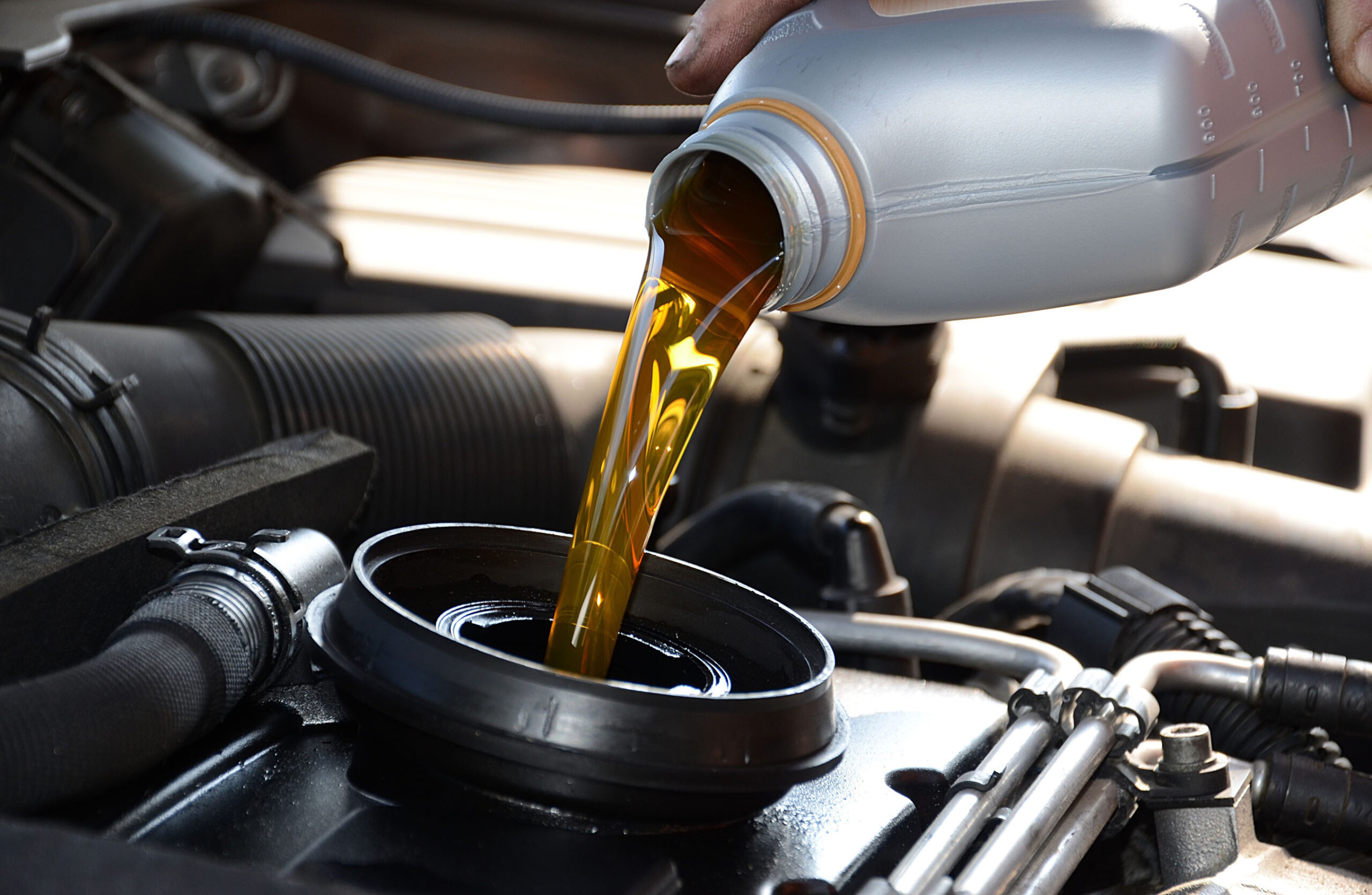
Why Engine Oil is Important in Vehicles
Engine oil is essential in vehicles for several crucial reasons:
1. Lubrication:
The primary purpose of engine oil is to lubricate the moving parts within the engine. Engines contain numerous metal components such as pistons, crankshafts, camshafts, and bearings that move at high speeds and under extreme pressure. Engine oil forms a protective film between these parts, reducing friction and wear. This prevents excessive heat generation and minimizes damage to the engine, prolonging its lifespan.
2. Cooling:
Engine oil also helps in dissipating heat generated during the combustion process. It absorbs heat from various engine components and transfers it to the oil pan, where it can be dissipated through the engine’s cooling system. This cooling effect prevents the engine from overheating and maintains its operating temperature within a safe range.
3. Cleaning:
Engine oil has detergents and dispersants that help keep the engine clean by removing and suspending contaminants like dust, debris, and metal particles. These impurities can result from combustion byproducts, wear and tear of engine components, and external pollutants. The oil carries these contaminants to the oil filter, where they are trapped and removed.
4. Sealant:
Engine oil also acts as a sealant, preventing leaks and maintaining the integrity of gaskets and seals within the engine. This is crucial for preventing oil leaks and maintaining proper oil pressure.
5. Corrosion and Rust Prevention:
Engine oil contains additives that protect engine components from corrosion and rust. This is especially important in regions with extreme weather conditions, as moisture can infiltrate the engine.
6. Noise Reduction:
Proper lubrication with engine oil reduces the noise generated by moving parts in the engine. This contributes to a quieter and more comfortable driving experience.
7. Fuel Efficiency:
Adequate lubrication and reduced friction in the engine lead to improved fuel efficiency. Reduced friction means the engine doesn’t have to work as hard to maintain performance, resulting in better mileage.
Regular maintenance of engine oil, including oil changes at recommended intervals, is crucial to ensure it continues to perform these functions effectively. Using the right type of oil for your vehicle and adhering to the manufacturer’s recommendations is essential for optimal engine performance and longevity.

How to Find Best Engine Oil Manufacturer in India
Finding the best engine oil manufacturer in India involves research, considering various factors, and ensuring that the manufacturer meets your specific needs and requirements. Here’s a step-by-step guide to help you find a reputable engine oil manufacturer in India:
1. Identify Your Needs:
Determine the type of engine oil you need for your vehicle or machinery. Consider factors such as viscosity, performance specifications (API, ACEA, etc.), and any specific requirements for your engine.
2. Research Manufacturers:
Start by conducting online research to identify engine oil manufacturers in India. Look for manufacturers with a good reputation and a history of producing high-quality products.
3. Check Certifications and Standards:
Ensure that the manufacturer meets industry standards and certifications. Look for API (American Petroleum Institute) or other relevant certifications that indicate the quality and performance of their engine oils.
4. Read Customer Reviews:
Look for customer reviews and testimonials online. This can provide insights into the experiences of other users with the manufacturer’s products.
5. Visit Their Website:
Visit the manufacturer’s official website to gather information about their product range, manufacturing processes, quality control measures, and contact details.
6. Contact the Manufacturer:
Reach out to the manufacturer directly via email or phone. Ask questions about their products, quality assurance procedures, and distribution network. A reputable manufacturer should be responsive and willing to provide information.
7. Ask for Recommendations:
Seek recommendations from trusted sources, such as mechanics, automotive enthusiasts, or industry professionals. They may have insights into reliable engine oil manufacturers.
8. Consider OEM Recommendations:
If you have a specific vehicle or equipment brand, check if the manufacturer recommends a particular engine oil brand or supplier. Following OEM recommendations can ensure compatibility and performance.
9. Check Pricing and Availability:
Compare prices and availability of the engine oil products from different manufacturers. Consider your budget and the cost-effectiveness of the products.
10. Evaluate Customer Support:
Assess the level of customer support provided by the manufacturer. A manufacturer that offers technical support and assistance can be valuable, especially for businesses and mechanics.
11. Quality Assurance and Testing:
Inquire about the manufacturer’s quality assurance and testing procedures. A manufacturer that conducts rigorous testing to ensure the quality and performance of their engine oils is more likely to be reliable.
12. Consider Environmental Impact:
If environmental concerns are important to you, check if the manufacturer follows environmentally responsible practices in their production and disposal processes.
13. Visit Manufacturing Facilities (if possible):
If you have the opportunity, visit the manufacturing facilities of shortlisted manufacturers to get a firsthand look at their operations and quality control measures.
14. Compare Warranty and Guarantees:
Compare any warranties or guarantees offered by different manufacturers. A strong warranty can provide peace of mind regarding product quality.
15. Make an Informed Decision:
After conducting thorough research and considering all the above factors, make an informed decision about which Engine oil manufacturer in India best meets your requirements.
Remember that the “best” manufacturer may vary depending on your specific needs, so consider all relevant factors to make the right choice for your vehicle or machinery.

